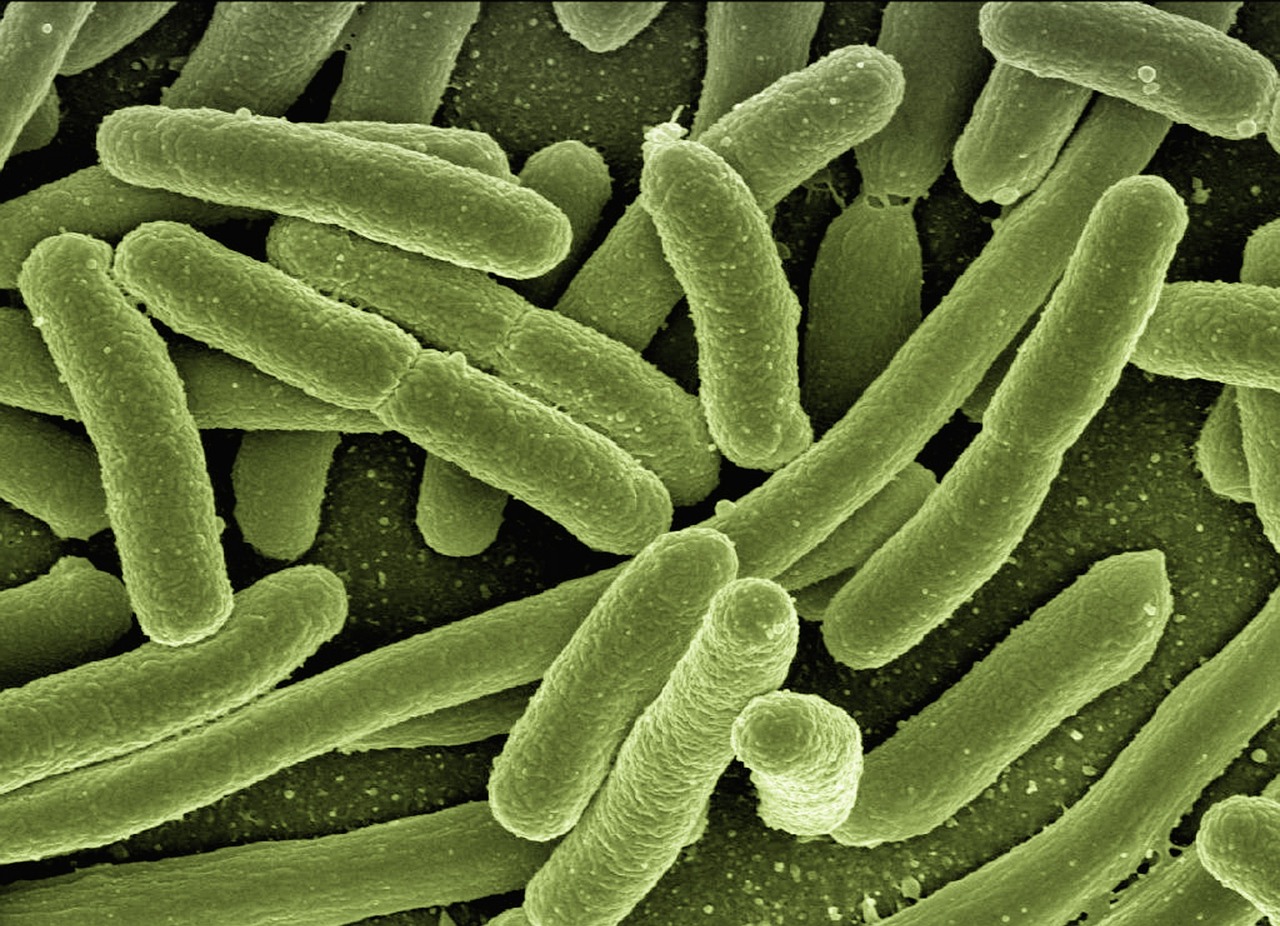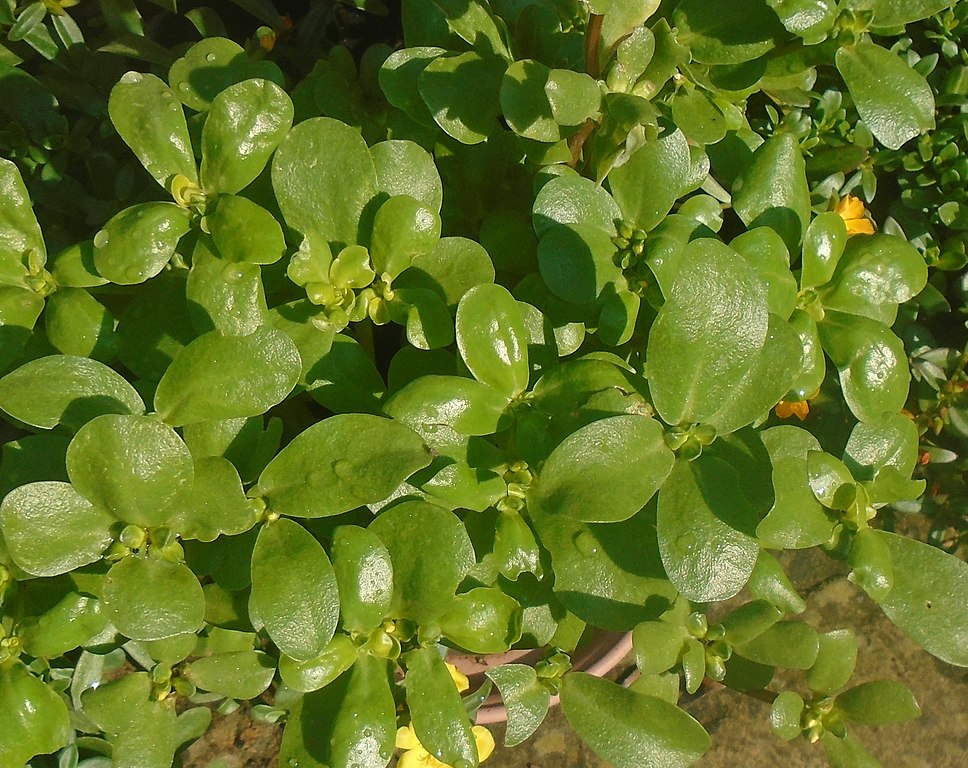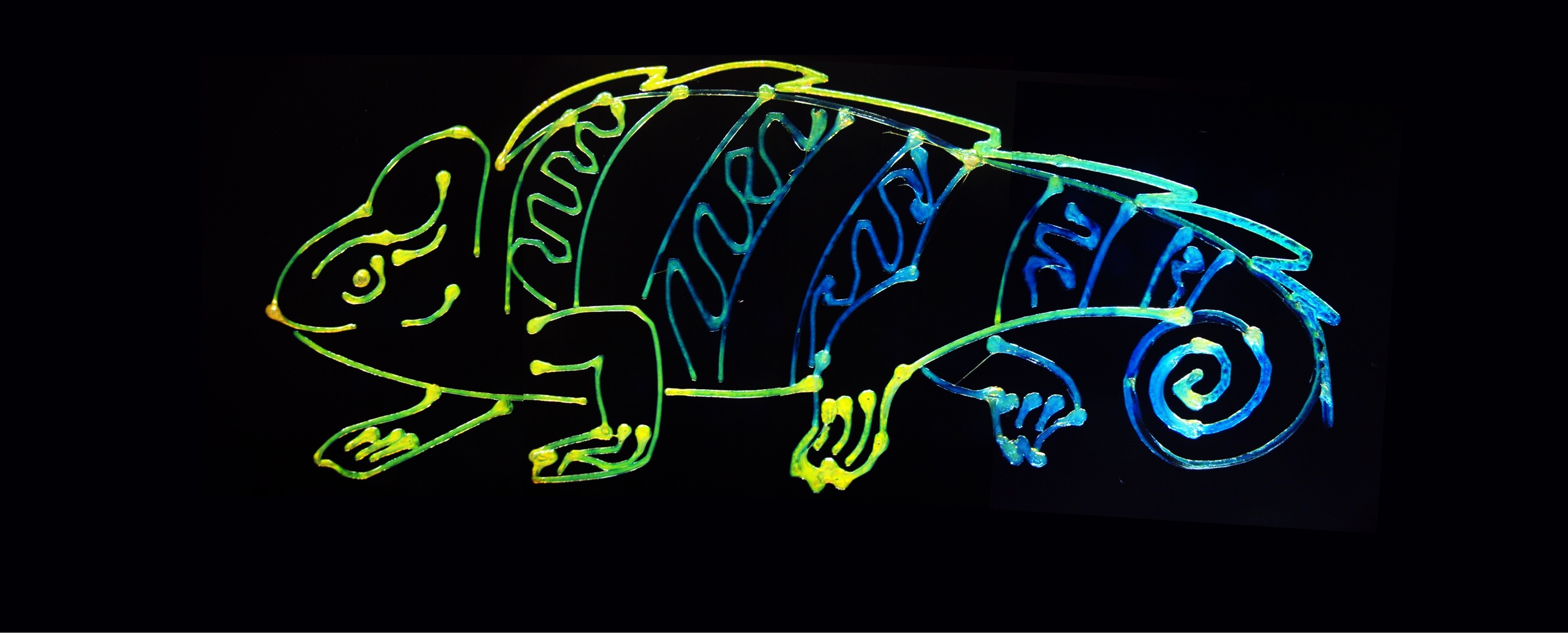Scientists at the Ecole Polytechnique Federale de Lausanne (EPFL) in Switzerland have modified E. coli to generate electricity from wastewater. This engineered bacterium performed exceptionally well when exposed to wastewater, surpassing other electricity-producing organisms.
Escherichia coli, often known as E. coli, is a rod-shaped bacterium typically found in the lower gut of organisms. Its genetic flexibility has made it popular among microbial researchers and an essential tool in various projects.
Engineering E. coli for Eco-Friendly Electricity Generation
EPFL researchers have recently modified E. coli to potentially assist with wastewater management. They’ve equipped it with genetic tools to produce electricity, offering a new approach. Normally, wastewater treatment consumes energy to process organic waste, but with this bioengineered organism, researchers can both treat organic waste and generate electricity simultaneously.
Researchers achieved electricity production in E. coli, a microbe not naturally capable of it, by borrowing techniques from Shewanella oneidensis MR-1, known for its electricity generation. Shewanella uses extracellular electron transfer (EET), a process that transfers electrons from inside the cell to the environment without oxygen.
Traditionally, EET relies on specific chemicals in the environment. The EPFL team, led by Professor Ardemis Boghossian, enabled E. coli to perform EET without these required molecules.
Revolutionizing Wastewater Management with Bioengineered Bacteria
Engineered E. coli surpasses exotic microbes by efficiently generating electricity from various organic sources through EET. This versatile microbe can find applications in microbial fuel cells, electrosynthesis, and biosensing, beyond wastewater treatment.
“Our work is quite timely, as engineered bioelectric microbes are pushing the boundaries in more and more real-world applications,” says Mouhib, the lead author of the manuscript. “With all the current research efforts in the field, we are excited about the future of bioelectric bacteria and can’t wait for us and others to push this technology into new scales.”







